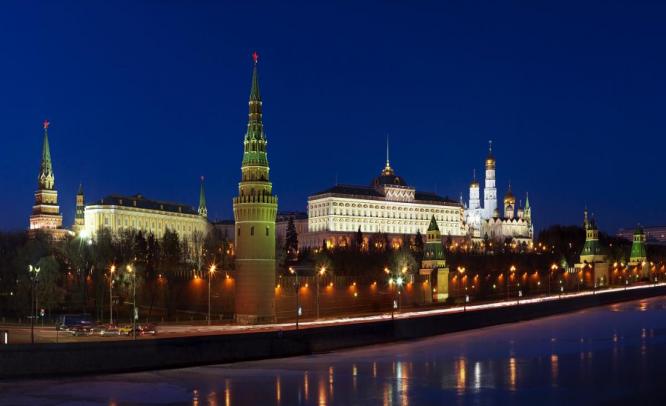Improved Public Services Benefit Russia’s Citizens
A decade ago, even as Russia enjoyed impressive economic growth, the country faced serious economic challenges. The government had little oversight over expenditures of ministries and agencies. The budget was inefficient and poorly designed to achieve social and economic objectives. Meanwhile, businesses were drowning in red tape, and citizens were losing patience with ineffective public services.
Widespread reforms in key areas of public administration were needed. The World Bank has long supported these kinds of reforms, and most recently administered a trust fund—DFID—aimed at helping federal and regional governments to deliver services more efficiently, effectively, and transparently.
The World Bank collaborated with federal and regional governments to reform four key areas with DFID support. First, federal and regional civil servants became familiar with international performance management concepts and tools through training and capacity building. Knowledge sharing events and study tours were organized.
The World Bank has organized quite a few learning events, and has undertaken professional analysis of our work. It has also provided substantial support to organizing knowledge exchange.
To improve competitiveness and the business climate, especially for small and medium-sized enterprises, the World Bank worked with the federal government and several regional ones to slash through red tape that was hindering businesses.
Regulatory agencies received support to apply regulations effectively, and to better understand the impact of new regulations on businesses. The World Bank piloted and supported surveys to evaluate the investment climate and competitiveness in Russian regions. And it advised on the development of efficient licensing and inspections.
“Establishing personal contacts between the Department of Regulatory Impact Assessment, leading western experts, and representatives of Russia’s business community set the stage for new initiatives and projects. It has helped bridge the gap between Russian and European government regulatory institutions, and helped foreign investors get a better understanding of business conditions in Russia,” said Alexey Khersontsev, Director, Department of Regulatory Impact Assessment.
To make it easier for the government to provide good public services, and for ordinary Russians to deal with bureaucracy, services were standardized and citizen access was simplified. One-stop-shops were introduced where applicants file a single request for the paperwork they need—from birth certificates to pension forms, instead of applying to many different ministries. Reducing the number of interactions between clients and officials also lowers the chance of corruption.
In 2010, over 2.5 million people used the centers. Since their introduction, Elvira Nabyullina, then Minister of Economic Development, said that people had waited 65% less time, inter-agency red tape had been cut, and corruption had been down.
To assist the Russian government and several regions to monitor and evaluate their public administration reforms, the World Bank reported on governance in the country. It surveyed citizen satisfaction on service delivery, helped to evaluate one- stop-shops, and advised on ways to monitor corruption.
As Russia continues to reform its public services, it is starting to be an example to others, and has continued its commitment as a donor country despite the global economic downturn.
Michal Rutkowski, World Bank’s Country Director for Russia, says: “Russia is emerging as an international donor and a source of lessons for other countries. At the next stage, our cooperation will reflect this new reality.”
A first promising example is a trust fund based on Russian contributions aimed at supporting public financial management reforms in neighboring countries.
Source: World Bank

